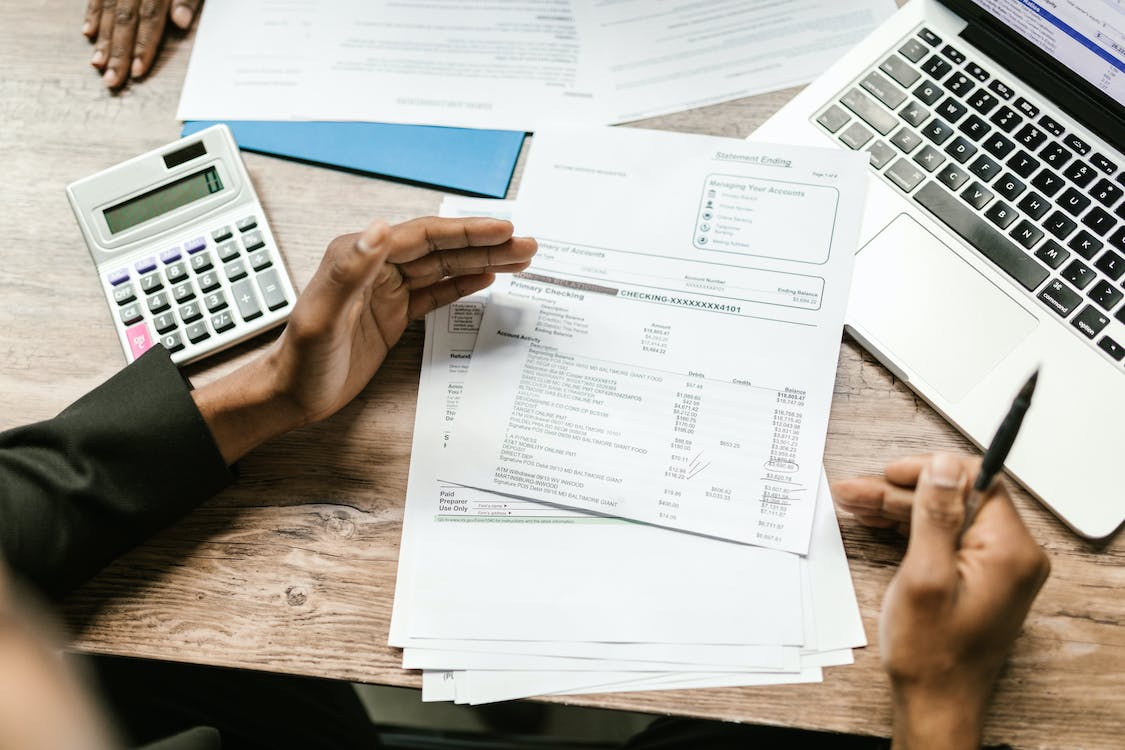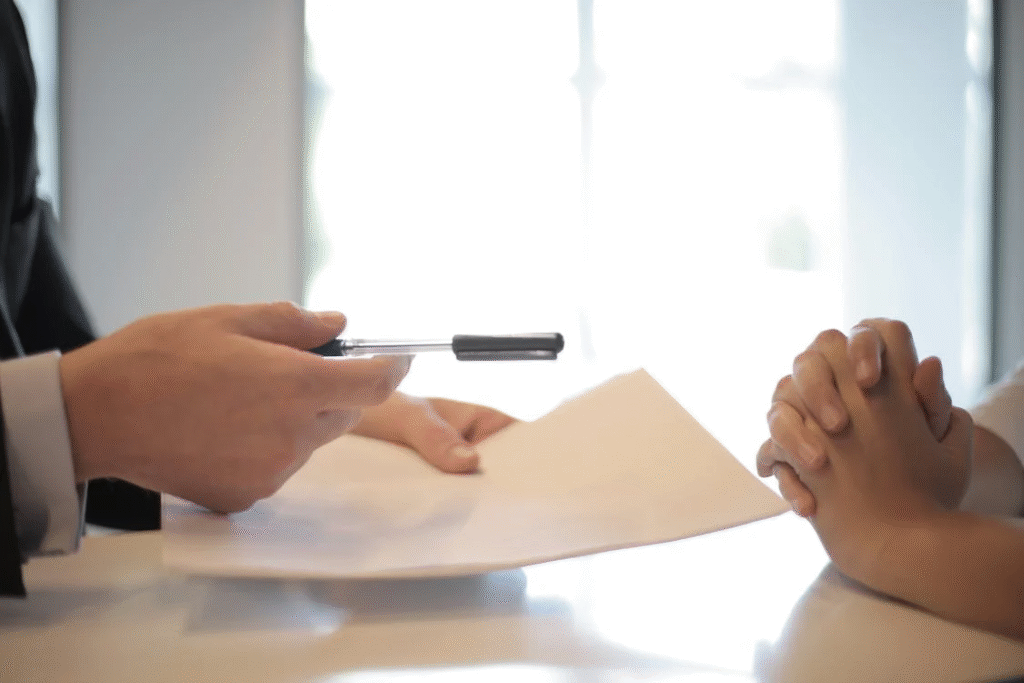
When it comes to cybersecurity measures for accounting firms, constant vigilance is the key to deter security breaches. Tax and accounting service providers have access to sensitive financial data, making them a target for cybercriminals.
Therefore, accountants in San Francisco must do whatever they can to implement cybersecurity strategies to mitigate risks.
1. Do a Cybersecurity Risk Assessment
Conduct a cybersecurity risk assessment to identify threats and vulnerabilities. Ensure your network, accounting software, cloud storage applications, and hardware are properly protected. Routine checks allow you to detect problems and take steps to resolve them.
Here are some things to consider during a risk assessment:
- Frequently update your software and OS applications to ensure they are not susceptible to security breaches
- Install good antivirus software to protect financial data from malware, viruses, trojans, and other threats
- Use a firewall as a virtual barrier to limit security breaches from external sources
- Backup your accounting data regularly to retain lost data in case of emergency
These cybersecurity measures for accounting can help you safeguard personally identifiable information and important files from common threats.
2. Use Effective Strategies to Restrict Access to Sensitive Data
Manage access control by ensuring only trustworthy employees can access business accounts and applications.
Password managers allow you to store and share unique login credentials with authorized personnel safely. Some apps are designed to change passwords regularly to ensure nobody besides the account holder knows the password.
As an added precaution, you can use two-factor authentication to ensure that only authorized personnel can access email accounts and business apps. In this case, account holders must enter a security code received via text/email or scan their fingerprints whenever they log in to the company database or business app.
This way, outsiders are less likely to pry or steal financial data.
Password managers and two-factor authentication are other necessary cybersecurity measures for accounting firms, especially ones with remote workers.
3. Encrypt Important Documents to Maximize Protection
Despite your best efforts, financial documents and accounting files may fall into the wrong hands. You can encrypt official files and hard disks beforehand as a countermeasure.
Encryption strategies allow you to convert critical data like bank account details, financial reports, and confidential information) into unreadable code. These files and disks can only be accessed through a specific access key (password or security code).
This way, if someone manages to hack into your system, they would not be able to read the contents of the encrypted files. This makes the content inside useless for a third party.
The Bottom Line
Accountants in San Francisco must develop a proactive plan to protect their businesses and clients from online threats. You may begin by conducting a cybersecurity risk assessment to identify threats and take steps to combat them. Stronger passwords, two-factor authentication, encrypted files, backup storage, and managing access control are effective ways to minimize risks.
We hope that our checklist on cybersecurity measures for accounting helps you steer clear of hacking, phishing, and data theft.
Are you looking for accounting solutions in the Bay Area? Contact us today to book a consultation.



